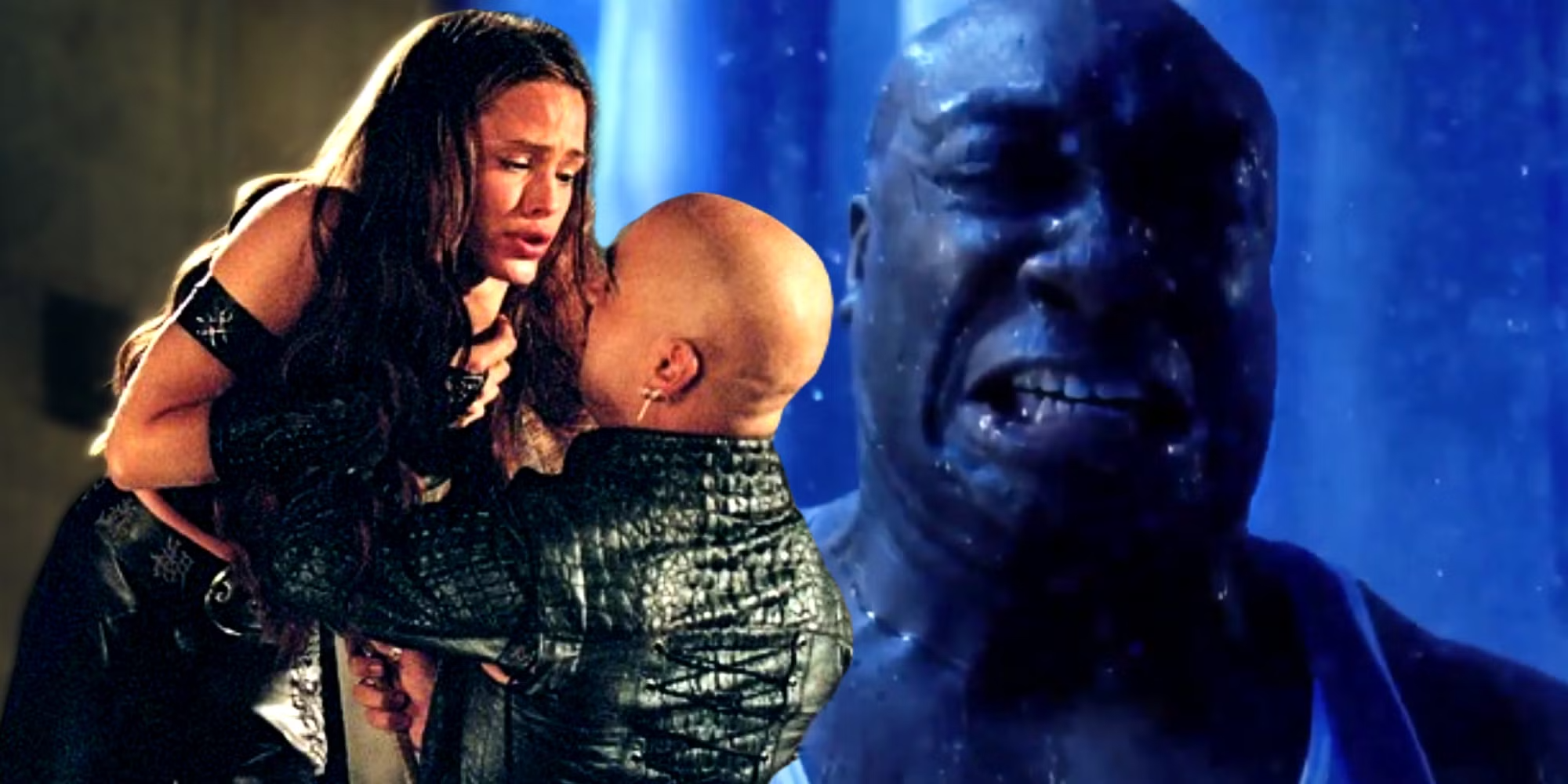Daredevil (2003): A Blind Leap into Mediocrity
Marvel
Let’s take a stroll back to the early 2000s — a time when low-rise jeans were a cultural epidemic, Evanescence ruled the airwaves, and Hollywood still hadn’t quite figured out how to make superhero movies that didn’t make you question your life choices. Enter Daredevil (2003), the movie that asked, “What if Batman, but with less brooding and more leather?”
Starring Ben Affleck as Matt Murdock, a blind lawyer by day and vigilante by night, Daredevil was supposed to be Marvel’s bold leap into darker territory. What we got instead was a moody, over-edited fever dream soaked in early-2000s angst and soundtracked by every song that played during your high school breakup.
Look, I’ll give it some credit — it tried. There’s a certain charm to its grit, and you can see the DNA of something potentially great buried under the quick cuts, awkward fight scenes, and Affleck’s painful attempts at smirking heroism. The playground fight scene between Matt and Elektra? Cinema. Unintentional comedy cinema, but cinema nonetheless.
Speaking of Elektra, Jennifer Garner did her best with what she was given, which was… a whole lot of eyeliner and a spin-off movie that somehow made Daredevil look like The Godfather. And then there’s Colin Farrell as Bullseye — the man who said “subtlety is for cowards” and proceeded to chew the scenery like it owed him rent money.
Now, fast forward to the Netflix era, and Daredevil suddenly became good. Like, really good. Charlie Cox’s portrayal of Matt Murdock in the Netflix series (now resurrected under the Disney+ umbrella because, of course, nothing truly dies in the age of streaming) reminded us that this character could be compelling, brutal, and, dare I say, cool. The hallway fight scenes alone have more narrative coherence than the entire 2003 movie.
We talked about this exact whiplash-inducing contrast on the Triple Take podcast last week (available wherever you listen to podcasts). We dissected how the Netflix series gave us a mature, character-driven story while the 2003 movie gave us a man who sleeps in a sensory deprivation tank like some kind of edgy vampire fish.
In hindsight, the 2003 Daredevil is like that first pancake you mess up before getting the heat right — misshapen, slightly burnt, but necessary. Without it, we might not have gotten the redemption arc that this character desperately needed. And hey, at least it gave us a soundtrack that still slaps in a nostalgic, early 2000’s way. So thanks, 2003 Daredevil. You crawled so Netflix Daredevil could roundhouse-kick through a corridor full of thugs. We appreciate your service… sort of.



